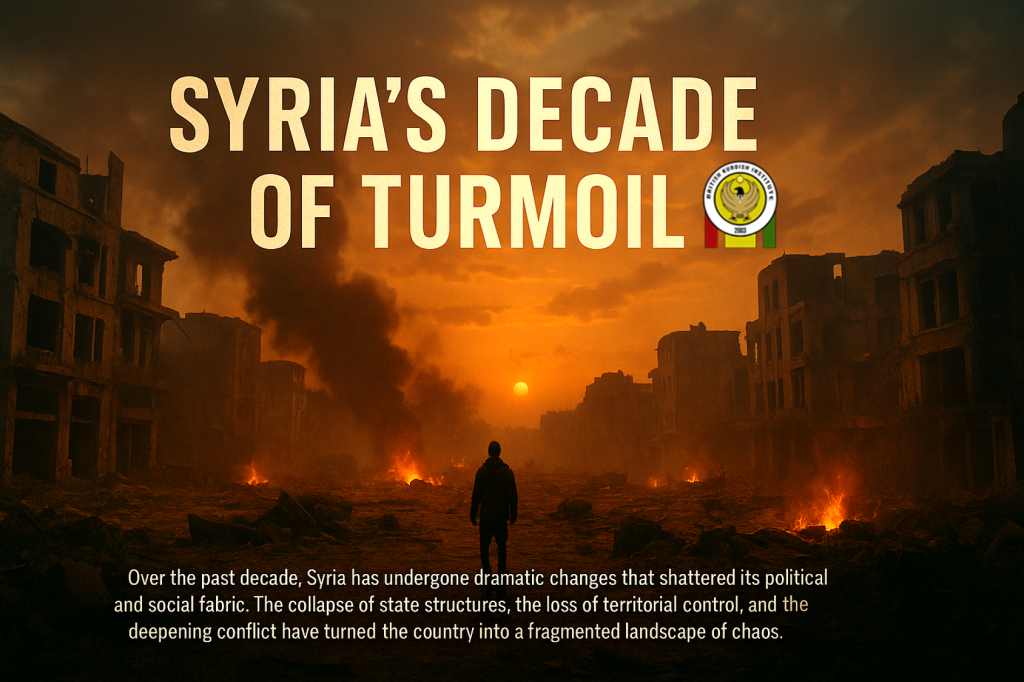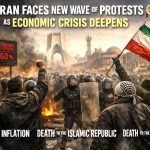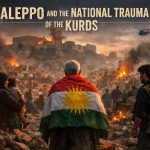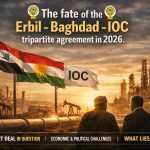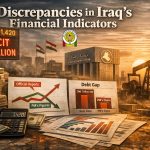Syria’s Decade of Turmoil
Over the past decade, Syria has undergone dramatic changes that shattered its political and social fabric. The collapse of state structures, the loss of territorial control, and the deepening conflict have turned the country into a fragmented landscape of chaos.
Many once hoped that the fall of the old regime would open a path toward peace and stability. Instead, Syria descended into an even more complex crisis. What began as an internal conflict has now evolved into a battleground for regional and global powers, each pursuing its own agenda. This struggle has intensified sectarian, ethnic, and geographic divisions, further eroding the dream of national unity.
The Human Cost of War
Amid these struggles, ordinary Syrians carry the heaviest burden. Millions have been displaced internally and externally, the economy has collapsed, and essential services have crumbled. With fragile state institutions and a lack of trust among rival groups, Syrians live in constant fear that today’s transitional phase could ignite yet another wave of conflict.
The economic crisis, combined with political instability, threatens social peace and creates explosive conditions that make the search for sustainable solutions even more urgent.
The Kurdish Struggle for Recognition
Within this chaotic environment, the Kurds remain a vital but historically marginalized community. Their suffering is not new—it is rooted in decades of systemic exclusion. For generations, Kurdish identity was suppressed:
-
Limited political representation
-
Restrictions on language and culture
-
Denial of basic social and economic rights
Despite this long-term marginalization, Syrian Kurds have not abandoned their struggle. Instead, they have organized politically and socially, forming representative bodies such as the Kurdish National Council (KNC) to unify their demands and give voice to their aspirations both inside and outside Syria.
The Role of the Kurdish National Council (KNC)
Today, the KNC stands as the official platform advocating for Kurdish rights and participation in Syria’s political future. Yet, the Council faces major challenges:
-
Internal diversity within the Kurdish movement
-
Differences in strategies and political visions
-
Difficult negotiations with Syrian factions and external powers
Despite these obstacles, diplomatic dialogue remains the only viable path forward. Armed conflict has only drained resources and deepened suffering. Negotiations, by contrast, hold the potential to secure tangible political and social gains for Kurds and for Syria as a whole.
The Qamishli Conference: A Turning Point
The Qamishli Conference of April 26 marked a historic milestone. By uniting various Kurdish groups under a shared vision, the conference established a cohesive negotiating position with the transitional authority in Damascus.
This vision extended beyond political participation. It also emphasized:
-
Protection of cultural identity
-
Guarantees of economic and social rights
-
A comprehensive framework for justice and equality
This holistic approach highlights a key truth: lasting peace can only emerge when diversity is embraced and all communities are given a genuine stake in Syria’s future.
Regional Pressures on the Kurdish Question
The Kurdish issue cannot be separated from regional politics. Neighboring powers—especially Turkey—view Syrian Kurdish autonomy with suspicion, complicating any internal settlement. At the same time, international actors exploit Kurdish demands to serve their own geopolitical agendas.
For this reason, the Kurdish movement must pursue a balanced foreign policy that safeguards Kurdish interests while opening doors to constructive regional and international relations.
The Path Toward Stability and Unity
Syria’s diversity—ethnic, sectarian, and religious—can be a source of strength if managed through justice, equality, and inclusion. Any political solution that sidelines Kurdish rights risks undermining the entire peace process. True reconciliation requires:
-
Inclusive decision-making
-
Democratic institutions
-
Protection of human rights
-
Equal opportunities for development
The transitional phase represents a rare chance to end decades of bloodshed. Success depends on political will, genuine dialogue, and a commitment to resolving the Kurdish issue as a cornerstone of stability.
Building a Shared Future
Syria’s future will not be secured by fragile political deals or temporary truces. Instead, it depends on embracing diversity as a source of resilience, not division. Only by establishing a state built on law, justice, and equality can Syrians create a homeland that ensures dignity, stability, and prosperity for all—including the Kurds.
True peace will not come from force or domination, but from justice, partnership, and shared nation-building. This is the greatest challenge—and the greatest opportunity—facing Syria today.

